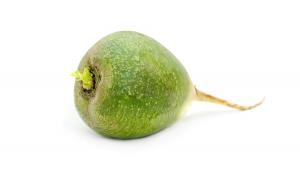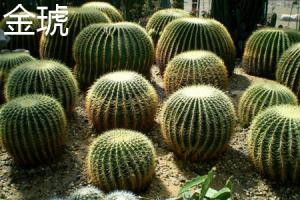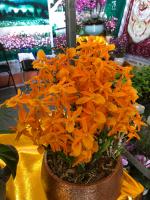Introduction
Palm trees are a common sight in orchards around the world, especially in areas with tropical and subtropical climates. But why are palm trees planted in orchards, and what benefits do they provide? In this article, we will explore the various reasons why palm trees are a valuable addition to any orchard and how they contribute to the health and growth of other crops.
Convenient Shade Provider
One of the primary reasons palm trees are planted in orchards is their ability to provide convenient shade for other crops. Due to their tall and slender trunks and wide, spreading leaves, palm trees can cast a large area of shade without taking up too much space. This is especially beneficial for crops that cannot tolerate direct sunlight, such as coffee, cacao, and vanilla. In addition, palm trees can also help regulate temperature and moisture levels, creating a more comfortable and stable environment for crops to thrive.
In coconut orchards, palm trees are often planted in rows alongside other crops to provide shade while also contributing to the overall beauty and aesthetic of the orchard.
Nutritious and Versatile Crop
Palm trees also offer a variety of valuable crops that can be grown alongside other plants in orchards. The most well-known of these is the coconut, which is rich in nutrients such as fiber, potassium, and vitamins B and C. Coconut oil is also commonly used in cooking and as a skincare product. In addition to coconuts, palm trees can produce other valuable crops such as palm oil, palm wine, and palm sugar.
By integrating palm trees into orchards, farmers can diversify their crops and increase the variety of products available for sale, ultimately boosting profits and ensuring a more sustainable farming model.
Drought Resistance
In areas where water is scarce, palm trees are a valuable addition to orchards due to their drought-resistant qualities. Palm trees have deep, sturdy roots that can tap into underground water sources, allowing them to survive in arid and semi-arid regions with limited rainfall. This makes them an excellent crop for farmers living in areas prone to droughts and other water-related challenges.
Palm trees are often used in agroforestry systems as a way to improve soil quality and increase water retention, further improving the overall health of orchards.
Pest Control
Another benefit of planting palm trees in orchards is their ability to serve as a natural pest control solution. Many pests, such as rats and mice, are known for damaging crops and causing significant losses for farmers. However, palm trees are not an ideal habitat for these pests due to their smooth bark and high canopy.
By strategically planting palm trees throughout an orchard, farmers can reduce the risk of pests infesting other crops and protect their harvest from damage.
Conclusion
In conclusion, palm trees are a versatile and valuable addition to orchards due to their many benefits, including shade provision, nutrient-rich crops, drought resistance, and pest control. When integrated into an orchard ecosystem, palm trees can improve the health and productivity of other crops while also increasing profits and promoting sustainable farming practices. Whether you're a small-scale farmer or a large plantation owner, planting palm trees in your orchard is a smart investment that can lead to long-term success and prosperity.

 how many times do yo...
how many times do yo... how many planted tre...
how many planted tre... how many pine trees ...
how many pine trees ... how many pecan trees...
how many pecan trees... how many plants comp...
how many plants comp... how many plants can ...
how many plants can ... how many plants and ...
how many plants and ... how many pepper plan...
how many pepper plan...
































